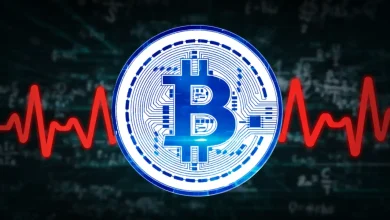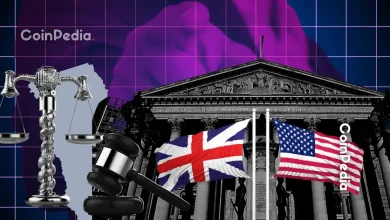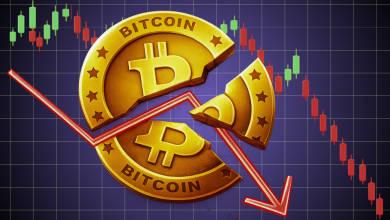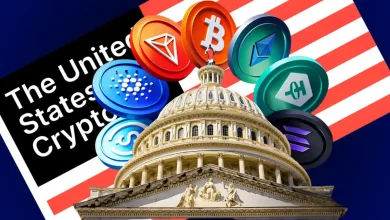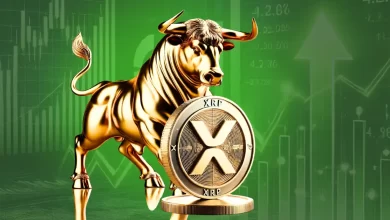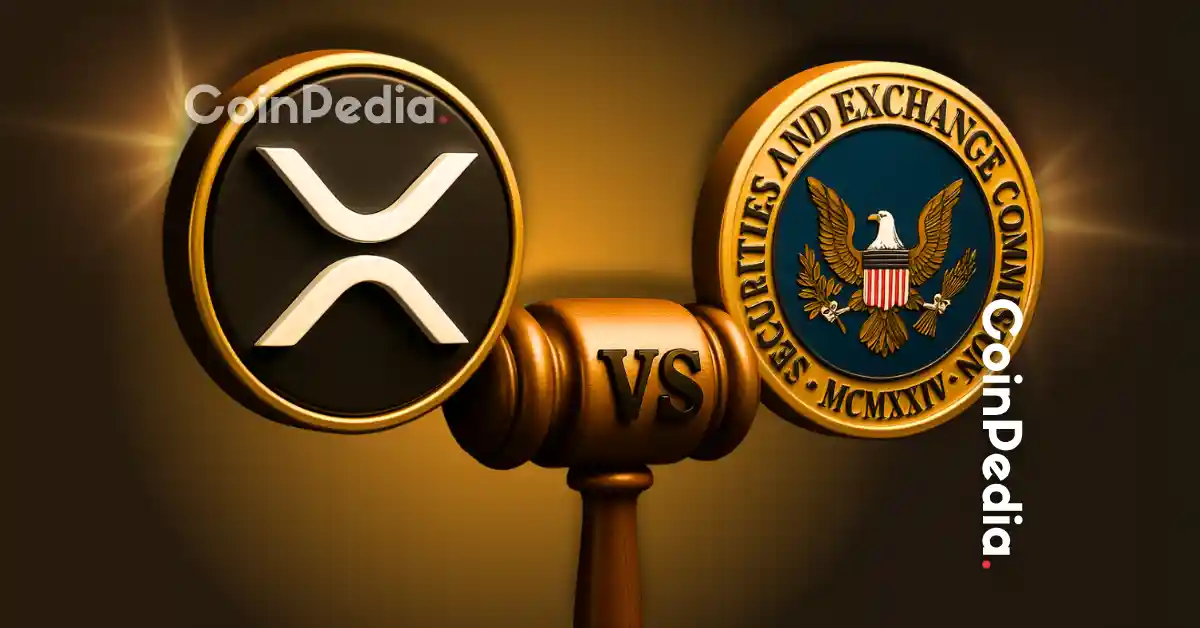
Ripple-SEC case ends after 5 years, affirming XRP’s non-security status in secondary sales.
Ex-SEC lawyer’s denial reignites clash with attorney John E. Deaton.
XRP jumps 12% on legal closure, controversy, and expansion rumors.
Ripple Labs and the SEC filed a joint stipulation of dismissal for their appeals, bringing the five-year SEC vs. Ripple case to a close. This agreement leaves in place the 2023 ruling that XRP secondary market sales aren’t securities, but maintains Ripple’s liability for institutional sales. Each side will bear its legal costs.
However, the fresh controversy still follows after Amanda Fischer, a former SEC attorney, made comments downplaying claims that the SEC had ever argued XRP itself was a security.
Her stance quickly sparked pushback from pro-XRP voices, including attorney John E. Deaton, who represented over 75,000 XRP holders in the Ripple vs SEC lawsuit. Following the news, XRP surged over 12%, reflecting renewed bullish sentiment.
Why Deaton Stepped In
Deaton said he would never have intervened in the Ripple vs SEC case if the SEC had not directly claimed XRP was a security. He pointed to the SEC’s own filings, specifically page 24 of its response to his motion to intervene, where lead prosecutor Jorge Tenreiro argued that secondary sales of XRP also constituted securities transactions. The SEC claimed:
“The XRP traded, even in the secondary market, is the embodiment of those facts, circumstances, promises, and expectations, and today represents that investment contract.”
Deaton argued that this effectively meant the token itself was a security, a position he claims was never supported by legal precedent. He credited attorney Lewis Cohen with coining the term “embodiment theory” to describe the SEC’s stance.
Judge’s Pushback on the SEC’s Theory
Even the presiding judge appeared skeptical. Deaton recalled how the court challenged the SEC’s argument, noting that under its theory, “every individual in the world who is selling XRP” could be violating securities law. This, Deaton suggested, showed the overreach in the agency’s reasoning.
Adding weight to his point, Deaton cited an interview with SEC Commissioner Hester Peirce by Thinking Crypto, where she admitted the SEC was targeting the token itself, not just how it was sold. Deaton said this made Fischer’s denial even more misleading.
Questioning the Source
Deaton ended his argument by questioning Fischer’s credibility, pointing to her track record at the SEC. He noted that Judge Netburn had accused certain SEC lawyers, including Fischer, of lacking “faithful allegiance to the law” and being “arbitrary and capricious.”
He also reminded followers that SEC attorneys had been sanctioned by a federal judge for “perpetuating a fraud upon the Court.” For Deaton, this history means that Fischer’s dismissal of the SEC’s original XRP argument should be taken with caution.
Market Stays Hot on Ripple Speculation
Beyond legal resolution, a rumor surfaced that Ripple may acquire Fortress Trust, fueling intrigue about institutional expansion. Although unconfirmed, the speculation triggered volatility as XRP briefly dipped over 6% before rebounding.
Additionally, Ripple may have paused this month’s escrow release, a rare move that triggered a 4% price gain. Still, whales continue to offload XRP, signaling cautious optimism at best.
Never Miss a Beat in the Crypto World!
Stay ahead with breaking news, expert analysis, and real-time updates on the latest trends in Bitcoin, altcoins, DeFi, NFTs, and more.
FAQs
Yes, both parties filed a joint dismissal ending all appeals. The 2023 ruling stands: XRP isn’t a security in secondary markets but Ripple violated laws in institutional sales.
The SEC claimed XRP tokens themselves represented investment contracts, even in secondary markets – a position Judge Torres rejected as overreaching securities law.
Analysts predict XRP could reach $5.05 by end of 2025, fueled by ETF approvals, Ripple’s banking license application, and resolution of SEC lawsuit.
Trust with CoinPedia:
CoinPedia has been delivering accurate and timely cryptocurrency and blockchain updates since 2017. All content is created by our expert panel of analysts and journalists, following strict Editorial Guidelines based on E-E-A-T (Experience, Expertise, Authoritativeness, Trustworthiness). Every article is fact-checked against reputable sources to ensure accuracy, transparency, and reliability. Our review policy guarantees unbiased evaluations when recommending exchanges, platforms, or tools. We strive to provide timely updates about everything crypto & blockchain, right from startups to industry majors.
Investment Disclaimer:
All opinions and insights shared represent the author's own views on current market conditions. Please do your own research before making investment decisions. Neither the writer nor the publication assumes responsibility for your financial choices.
Sponsored and Advertisements:
Sponsored content and affiliate links may appear on our site. Advertisements are marked clearly, and our editorial content remains entirely independent from our ad partners.

